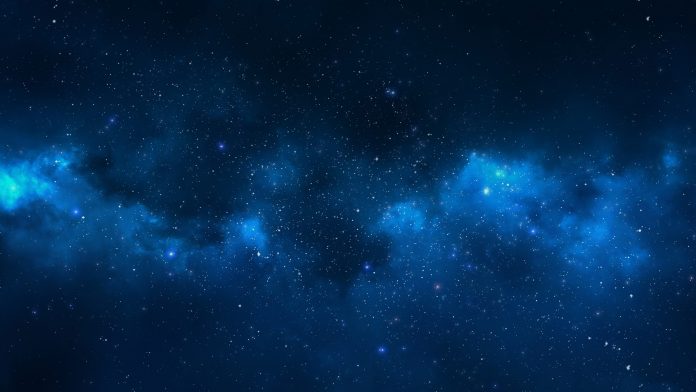Fibonacci Series: The word sounds familiar, right? An Easy To Understand sequence represented as 0 1 1 2 3 5 8 13…. where each number is the sum of the preceding two numbers, with the series starting from 0, 1. But, did you ever realise how magical these numbers are? Let’s get deeper into these numbers in this article.
Fibonacci numbers appear in so many contexts in our lives and surroundings, for example, the number of the petals in a flower, the seed heads of a flower, paintings and a lot more. In fact, the beauty of a human face is based on Golden Ratio whose nth power forms the nth Fibonacci number. (nth Fibonacci number is 1.618n where 1.618 is the Golden ratio). These numbers display a lot of magical patterns.
The magical patterns of the Fibonacci Series:
Given the Fibonacci numbers: 1 1 2 3 5 8 13 21 34 55 89 . . .
Magic of squares of Fibonacci numbers: Let’s square these numbers: 1 1 4 9 25 64 169 . . . The addition of two Fibonacci numbers gives us the next Fibonacci number. But, What’s so special about their squares?
- Look closely to see that the addition of the 2 consecutive numbers from this squared series of Fibonacci numbers would give you alternate Fibonacci numbers.
- Let’s realise this: The squared Fibonacci series is: 1 1 4 9 25 64… Now, 1+1 = 2, 1+4 = 5 [the next alternate Fibonacci number to 2] 4+9 = 13 [the next alternate Fibonacci number to 5] And, so on. 1 1 2 3 5 8 13 21 . . .
- Let us now add more than 2 numbers of this squared series increasingly. 1+1+4 = 6, 1+1+4+9 = 15, 1+1+4+9+25 = 40, 1+1+4+9+25+64 = 104. These do not seem to be Fibonacci numbers. But, if you analyse closely, you can see that these numbers enclose hidden Fibonacci numbers. 1+1+4=2* 3, 1+1+4+9=3*5, 1+1+4+9+25=5*8, 1+1+4+9+25+64=8*13.
But, why is it that? 12+12+22+32+52+82 = 8*13.
To show this, We would make squares with side length = the Fibonacci numbers and put them as shown: Put the two squares with side length 1,1 side by side

Set 1 sized squares side by side
and the square with side 2 beneath them.

Set 2 sized square below the above figure
Add square of side length 3 to the side of the rectangle previously formed.

Add 3 sized square beside the above figure
And, the square of side length 5 beneath it.

Add 5 sized square beneath the above figure
What should be the area of this whole Rectangle, thus formed? Area of this rectangle = sum of the areas of squares inside it = 12+12+22+32+52+82. Also, Area of rectangle = length*breadth = 8*(8+5) = 104 which proves that 12+12+22+32+52+82 = 8 *13
If we continue this process of merging these squares to form rectangles, we can get rectangles with dimensions: 8*13, 13*21, 21*34, 34*55, 55*89 . . .
If we divide the dimensions of these rectangles keeping the larger dimension in the numerator, we end up with these figures:
- 8*13 => 13/8 = 1.625
- 13*21 => 21/13 =1.615
- 21*34 => 34/21 = 1.619
- 34*55 => 55/34 = 1.6176
- 55*89 =>89/55 = 1.61818
As we continue dividing the dimensions of larger rectangles, we would get close to 1.618033… which is defined as the Golden Ratio. This Golden Ratio particularly is of great interest to mathematicians since it holds great significance in our surroundings and environment.
This article is contributed by Saloni. If you like neveropen and would like to contribute, you can also write an article using write.geeksforgeeks.org or mail your article to review-team@geeksforgeeks.org. See your article appearing on the neveropen main page and help other Geeks. Please write comments if you find anything incorrect, or you want to share more information about the topic discussed above.
Ready to dive in? Explore our Free Demo Content and join our DSA course, trusted by over 100,000 neveropen!








